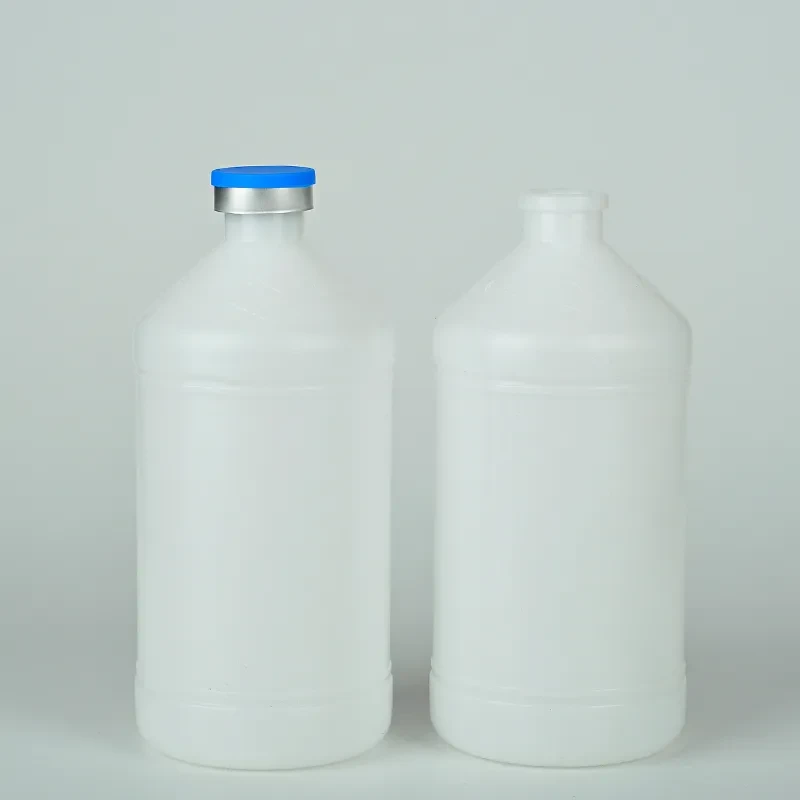recycling empty pill bottles
The Importance of Recycling Empty Pill Bottles
In our increasingly environmentally-conscious world, recycling has become a paramount concern. Among the various items we use in our daily lives, empty pill bottles are often overlooked when it comes to recycling. However, these small plastic containers can have a significant impact on the environment if disposed of improperly. Understanding the importance of recycling empty pill bottles is essential for fostering a more sustainable future.
Empty pill bottles are typically made from recyclable plastics, such as 1 (PET) or 2 (HDPE), which can be repurposed into new products, thus reducing the demand for virgin materials. By recycling these bottles, we not only conserve resources but also help decrease the amount of waste sent to landfills. Plastic bottles can take hundreds of years to decompose, and in the meantime, they pose a threat to wildlife and ecosystems. Recycling these containers can significantly mitigate this issue.
Moreover, many people are unaware that recycling pill bottles can also contribute to community programs and initiatives. Numerous organizations collect empty pill bottles to sort and reuse them for different purposes, such as distributing medical supplies to developing countries. By donating or recycling these bottles, individuals have the dual opportunity to declutter their homes and contribute to a meaningful cause.
recycling empty pill bottles

Recycling processes for pill bottles, however, require a few steps. First, it is crucial to clean the bottles thoroughly to remove any residue or contaminants. Many recycling facilities are unable to process dirty containers, which can lead to entire batches being rejected. Individuals should rinse the bottles, remove labels when possible, and ensure that they are completely dry before placing them in the recycling bin. This simple act can greatly enhance the recycling process and improve the quality of the recycled materials.
Furthermore, it's important to be aware of local recycling guidelines, as they can vary widely. Some municipalities accept pill bottles in their curbside recycling programs, while others may have specific drop-off locations or require them to be taken to designated facilities. By familiarizing ourselves with these guidelines, we can ensure that our efforts to recycle empty pill bottles are effective.
In addition to recycling, it is vital to consider reducing our use of prescription containers when possible. Patients can discuss with their healthcare providers about obtaining medications in bulk or using services that minimize the number of containers provided. Such actions not only reduce the generation of waste but also encourage pharmacies and manufacturers to adopt more sustainable practices.
In conclusion, recycling empty pill bottles plays a crucial role in environmental conservation and the promotion of community health programs. By taking simple actions—such as cleaning the bottles, knowing local recycling policies, and considering reductions in the number of bottles we receive—we can contribute to a sustainable future. As individuals, our choices matter, and through awareness and commitment to recycling, we can help lead the way toward a cleaner, greener planet. Let’s make the most of our pill bottles, ensuring they are recycled and not wasted. Together, we can make a difference!
-
Aesthetic Makeup Spray Bottles | Fine Mist Empty RefillableNewsAug.19,2025
-
White Plastic Veterinary Vaccine Vials | Lab Liquid BottlesNewsAug.18,2025
-
Plastic Medicine Liquid Bottle: Secure Flip Top Drug VialsNewsAug.17,2025
-
Durable 250ml Blue Plastic Vaccine Vial for Lab & Vet UseNewsAug.16,2025
-
Sterile Virus Sample Tubes: Secure & Reliable Specimen CollectionNewsAug.15,2025
-
White 250ml Plastic Vaccine Vial for Lab & Vet MedicineNewsAug.14,2025
























